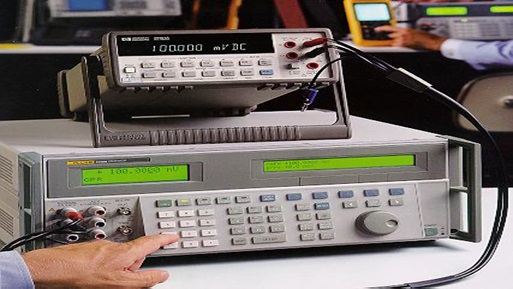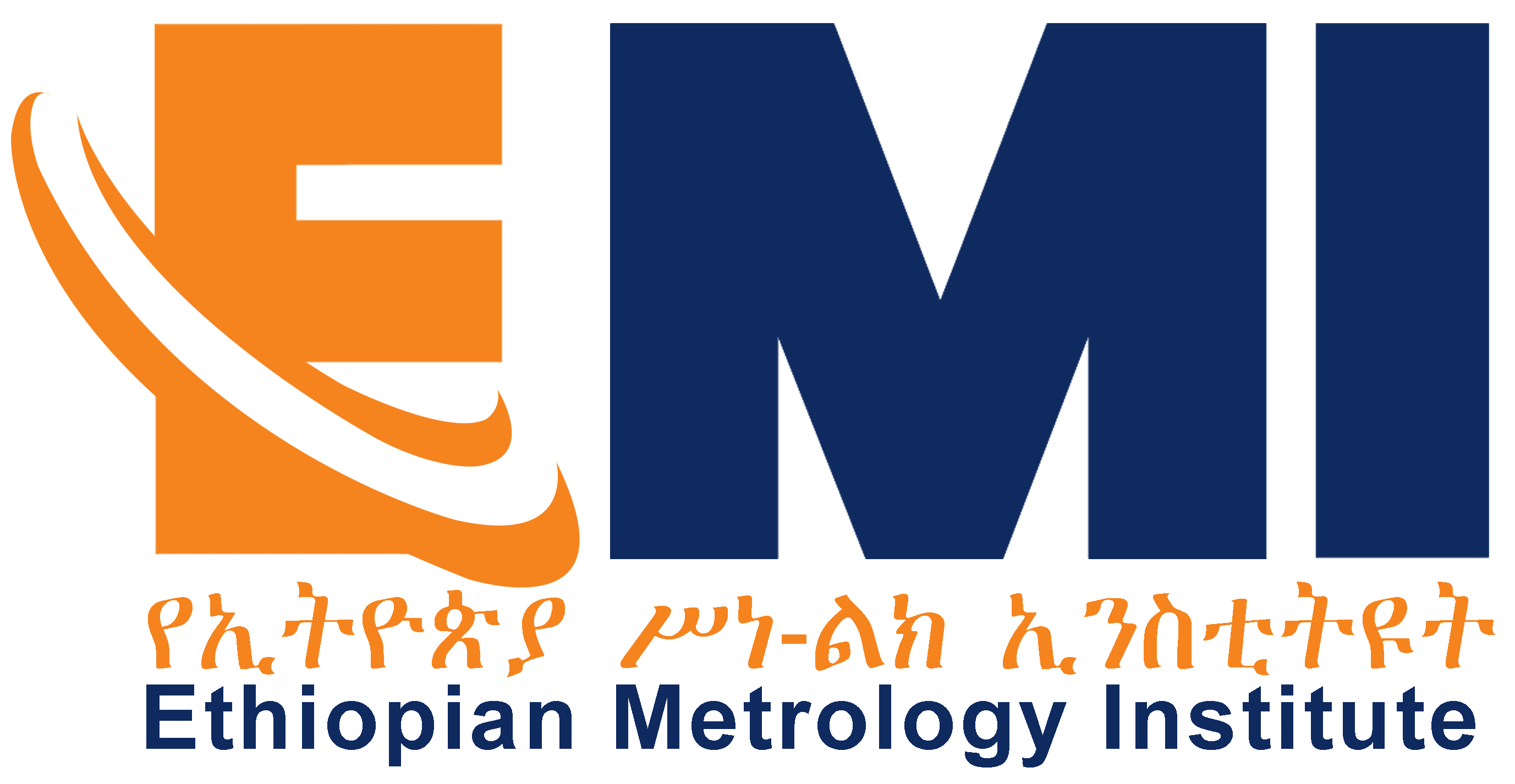Electrical Calibration Laboratory

Electrical calibration refers to the process of verifying the performance of, or adjusting, any instrument those measures or tests electrical parameters. This discipline is usually referred to as dc and low frequency electrical metrology. Principal parameters include voltage, current, resistance, inductance, capacitance, time and frequency. Other parameters, including electrical power and phase, are also in this segment of metrology. Ratio metric comparisons of similar parameters are often performed to compare a known parameter to an unknown similar parameter.
Electrical calibration involves the use of precise devices that evaluate the performance of key properties for other devices called units under test (UUTs). Because these precise devices have thoroughly known performance characteristics compared to the UUT, performance evaluation and/or calibration adjustment of the UUT to identify or minimize errors is possible. Typically, the performance of such precision devices should be four or more times better than the UUT.
These precision devices fall into two broad categories. Electrical signal sources are often referred to as either calibrators or standards. Precision measurement devices are often classified as precision digital multi-meters, measurement standards, or ratio bridges.
InEMI Electrical Laboratory, For Both Source and Meter the following service is given
Accredited service Non-Accredited Service
- DC Voltage 0 - 1000 V - Clump Meter 0-1000A
- AC Voltage 0 - 1000 V - Power/Energy meter - singe and three phases
- DC Current 0 – 20 A
- AC Current 0 – 20 A
- DC resistance 0 – 1.1MΩ
